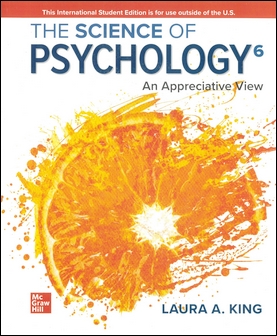書籍分類

Abnormal Psychology 6/e
作者:Susan Nolen-Hoeksema
原價:NT$ 1,150
ISBN:9781259060724
版次:6
年份:2014
出版商:McGraw-Hill
頁數/規格:624頁/平裝彩色
版次:6
年份:2014
出版商:McGraw-Hill
頁數/規格:624頁/平裝彩色
內容介紹 本書特色 目錄
- Description
Nowupdated to reflect the DSM-5, Susan Nolen-Hoeksema's, Abnormal Psychology blends cutting-edge research inpsychopathology with compassion for those who live with psychological disorders. The sixth edition continues the program’s emphasis on making biologicalinformation clear to students and on providing a strong focus on empiricalresearch and diversity.
New to this edition is Connect for Abnormal Psychology, McGraw-Hill Education’s digital learning platform, which includes thegroundbreaking adaptive reading experience,SmartBook ,as well as Faces: Interactive and the new Interactive Case Studies for Abnormal Psychology.







